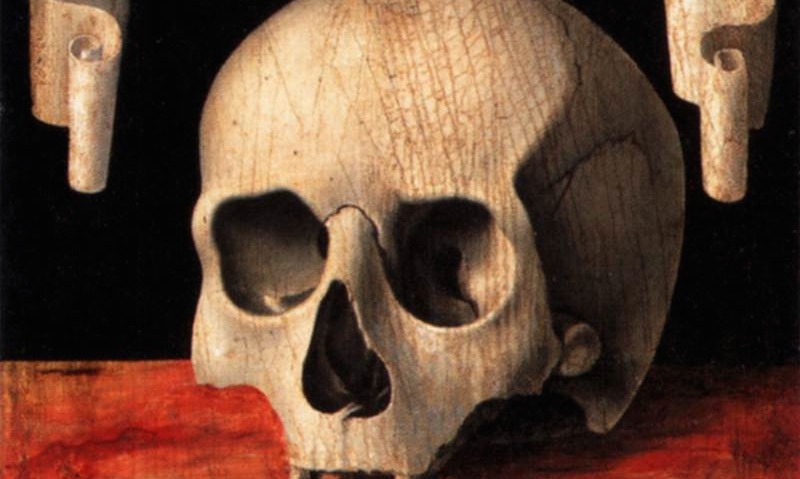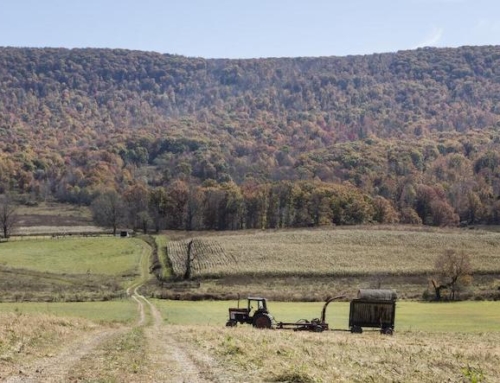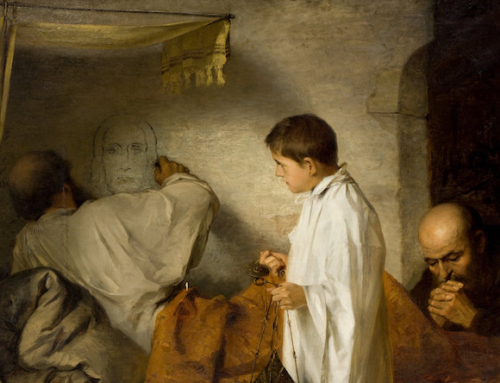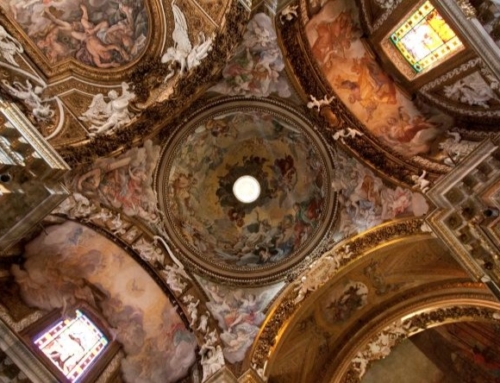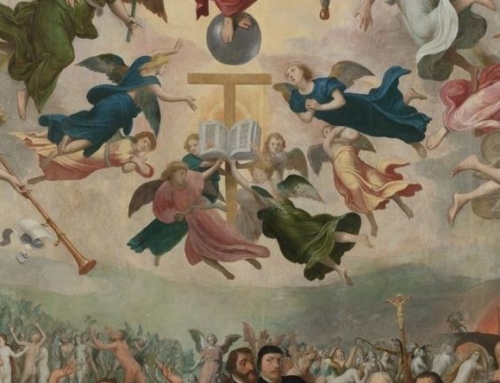“Is he still alive?”
“I thought he had passed away.”
“Isn’t he dead? I’m sure I said Mass for him.”
Questions and comments like these seem quite morbid. Yet they can be somewhat commonplace in a religious community that is spread out geographically but has hundreds or thousands of members, such as the Dominican Order. On a practical level, details about the brethren are easy to forget, and keeping straight who’s in a nursing home and who has passed away is sometimes difficult. And yet, to the outside observer, conversations such as these can seem flippant, possibly even disrespectful. After all, these are our brothers, and yet we sometimes fall into the trap of discussing their life, or death, rather casually. It would be considered odd to discuss relatives in this fashion.
But there’s more to this than that. Conversations such as these are not flippant, nor are they disrespectful. Rather, these conversations reflect a certain curiosity of religious life: comfort with death. Religious life, after all, is a witness in this life of the life to come. By our profession, we die to the world, forsaking its goods for those of heaven. And if one spends decades living this life, one would hope to be ready for death.
This is what those of us having these conversations recognize. When our brothers go home to God, we can have a joyful hope that they are ready. Yes, we celebrate Mass for the remission of their sins and purgatorial punishments. But, we can hope that they, having died to this world long ago, are ready to live with God in the next. And so there’s a certain joy to these conversations, trusting that our brothers who have passed are making their way to their heavenly home. And for those of us who are following in their footsteps, moments like these serve as a memento mori, a reminder of death, and an encouragement to live a life worthy of our heavenly reward.
✠
Image: Andrea Previtali, Memento Mori

